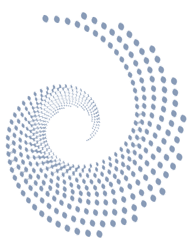Volume 01,Issue 03
Solar Disinfection: An Empirical Study on Karoon River, Khuzestan, Iran
Authors
Saeid Khakzad, Gholamreza Goudarzi, Masood khakzad
Abstract
This study has been conducted in three seasons (winter, spring, and summer) using the sample water from Karoon river in Khuzestan, Iran. PET bottles containing the river contaminated water were put under direct exposure of the sun and the amount of Coliforms after the exposure was examined employing MPN method. The study shows that the amount of coliforms is substantially decreased after 4 hours of direct exposure. In turbidities of 25, 35, 49, 55, and 162 NTU the amount of Fecal coliforms were decreased to 0.66, 0, 0, 2 and 14 MPN/100ml respectively. That shows more than 99.9% of bacteria reduces. We also compared the disinfection rate of the UV and sun heat which showed that UV based disinfection was pretty more effective than heating. Finally, we concluded that solar disinfection is a very good alternative in providing remote villages with drinking water and in emergency situations.
Keyword: Solar disinfection, Water, UV, Coliforms.
PDF [ 958.29 Kb ] | Endnote File | XML


